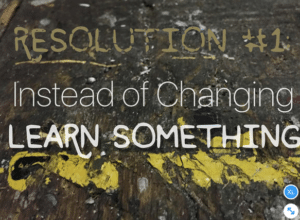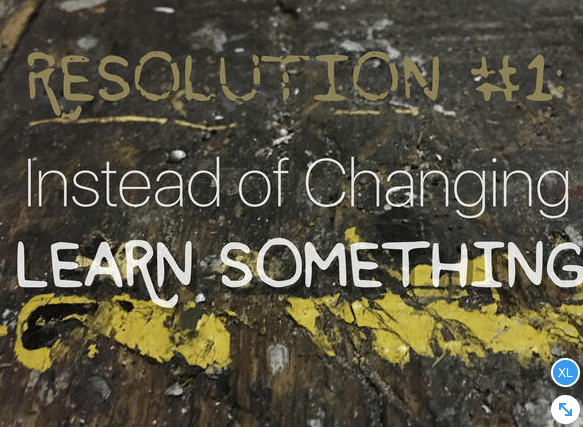 By now most of you have ditched your New Year’s Resolutions. At least, statistically this is true: 88% of all resolutions fail. The article referenced in this link gives you an out by blaming your brain on your inability to break habits. This may be true but we can take responsibility. But, if we ask how to break habits without understanding our most important needs we ask the wrong question. So what is the right question?
By now most of you have ditched your New Year’s Resolutions. At least, statistically this is true: 88% of all resolutions fail. The article referenced in this link gives you an out by blaming your brain on your inability to break habits. This may be true but we can take responsibility. But, if we ask how to break habits without understanding our most important needs we ask the wrong question. So what is the right question?
What is most important in life?
Yes, I think this is the right question. Past the need for food and shelter the two most important needs for all of us is the desire for community and the pursuit of meaning. So the answer to the question for me is people and meaning. In a recent post I spoke of the need to understand your core values, and a process to begin to identify them. Core values describe the why of our actions in life.
I am most alive when I am living out my core. Place me in a coaching session when someone is experiencing real break through and I come to life. I also understand that I am not responsible or attached to other people’s outcomes.
As a Christian I find the answer to the “most important in life” question in the bible. The short answer for me is the Gospel (the Truth of a triune God) and Community (living interdependently with other people). That is expressed for me by living (or attempting t0 live) the way God created me to live: not in its original state but in its restored state, by knowing my core essence and doing my best to live that way.
Where do you find meaning?
Unfortunately, many think their work is where they will find meaning. Been there, done that, got the t-shirt. Some say the most important in life is family. What happens when you live as if your work is the most important thing in life, but say your family is most important? Short answer: cognitive dissonance. In other words, you are living inconsistently. Jesus’ brother James calls this being double minded.
How do you break this habit?
All humans have emotional needs. When these needs aren’t met we drift. Begin by understanding the things that cause you to drift from your mission. Of course, this assumes you have clarity on your mission. And further, how do live out this mission?
The U.S. Army uses a, “Be, Know, Do” model for leader development. Being is about character development. Knowing is about intellectual development. Doing is about behavior. All this is good stuff, however, like every model, this one is lacking. In the Army, as well as just about any organization that recognizes reason and logic as most important, one’s emotional state is often overlooked. I think this is because many have been taught that feelings are fleeting and we can’t trust them. This exercise suppresses feelings. When we don’t pay attention to our feelings we aren’t in touch with them. Being out of touch with our feelings causes us to take action to cover or mask them. I’ve discussed this in a previous post. If you want more, go here.
Till next time. And, if you’d like to start looking at your past and how it relates to your current behavior check out this free workbook.






